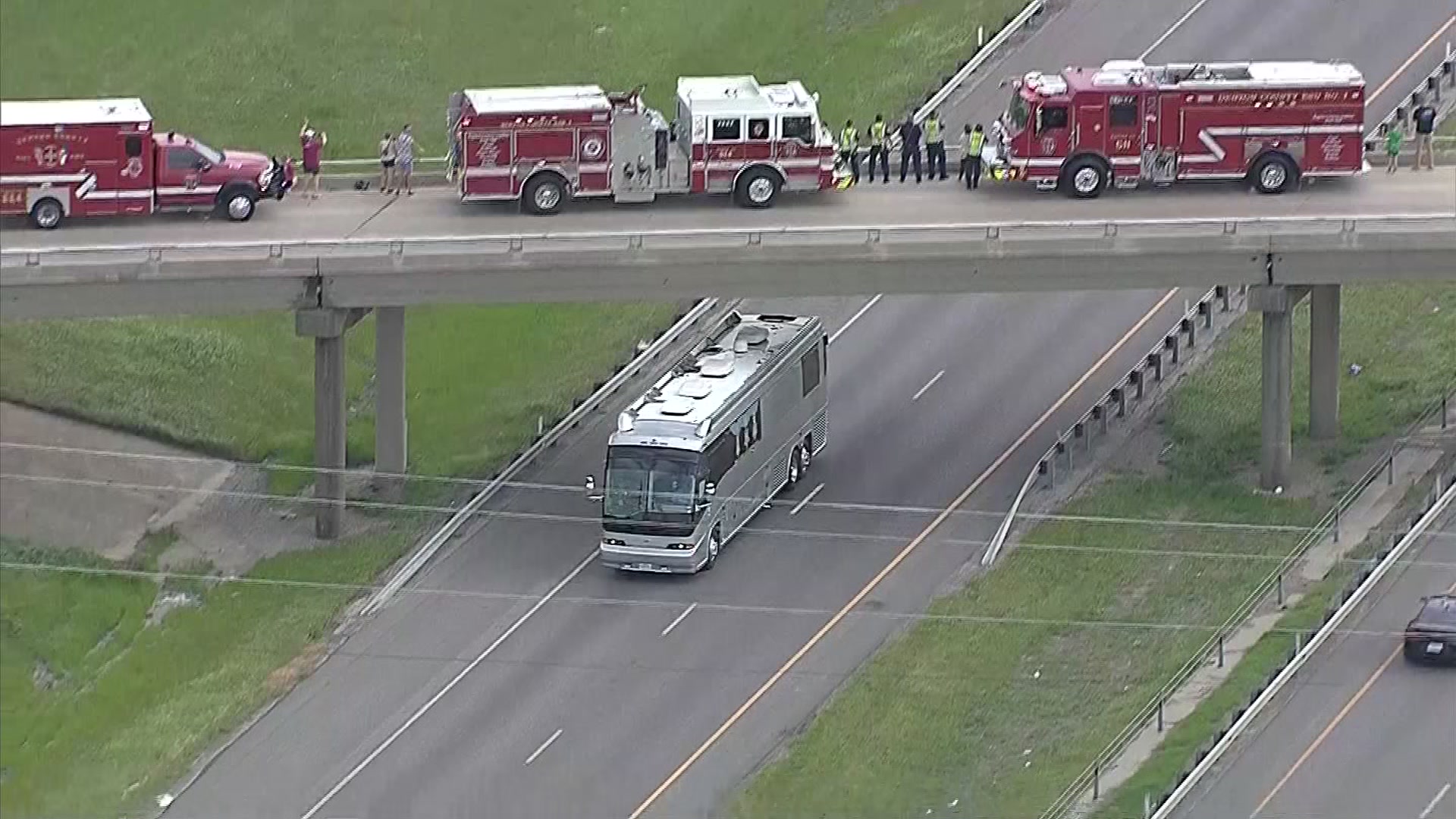It's fall allergy season in North Texas and it can wreak havoc on people allergic to tree and ragweed pollen, both high, this time of year.
For some, it may not take much for a sneeze to turn into a dreaded sinus headache, or for asthma sufferers, the coughing could turn into uncomfortable wheezing.
"That's where we will have some second guesses as to whether it's COVID versus allergies," said emergency medicine physician at Medical City Dallas Dr. Bryan Thibodeau.
According to the Centers for Disease Control, overlapping symptoms of COVID-19 and allergies include cough, fatigue, headache, sore throat, shortness of breath and congestion.
Mild symptoms like itchy eyes and sneezing could mean you're dealing with just allergies but more severe symptoms could mean something worse.
"If you start to feel the flu-like symptoms, like body aches, chills and anything that's close to 100.4 temp or higher, I think you make your own decision at that point. We are facing more of a COVID or flu-like ailment, you need to seek attention and get flu or COVID swab," said Thibodeau.
Local
The latest news from around North Texas.
Stocking up on antihistamines, especially as children go back to school, can help during the fall allergy season, which lasts into October.
It is possible to have COVID-19 and seasonal allergies at the same time.
If you're unable to obtain a COVID test from your primary care doctor, you can search the Texas Department of Health and Human Services testing location map for a testing site near you.
*Map locations are approximate, central locations for the city and are not meant to indicate where actual infected people live.




